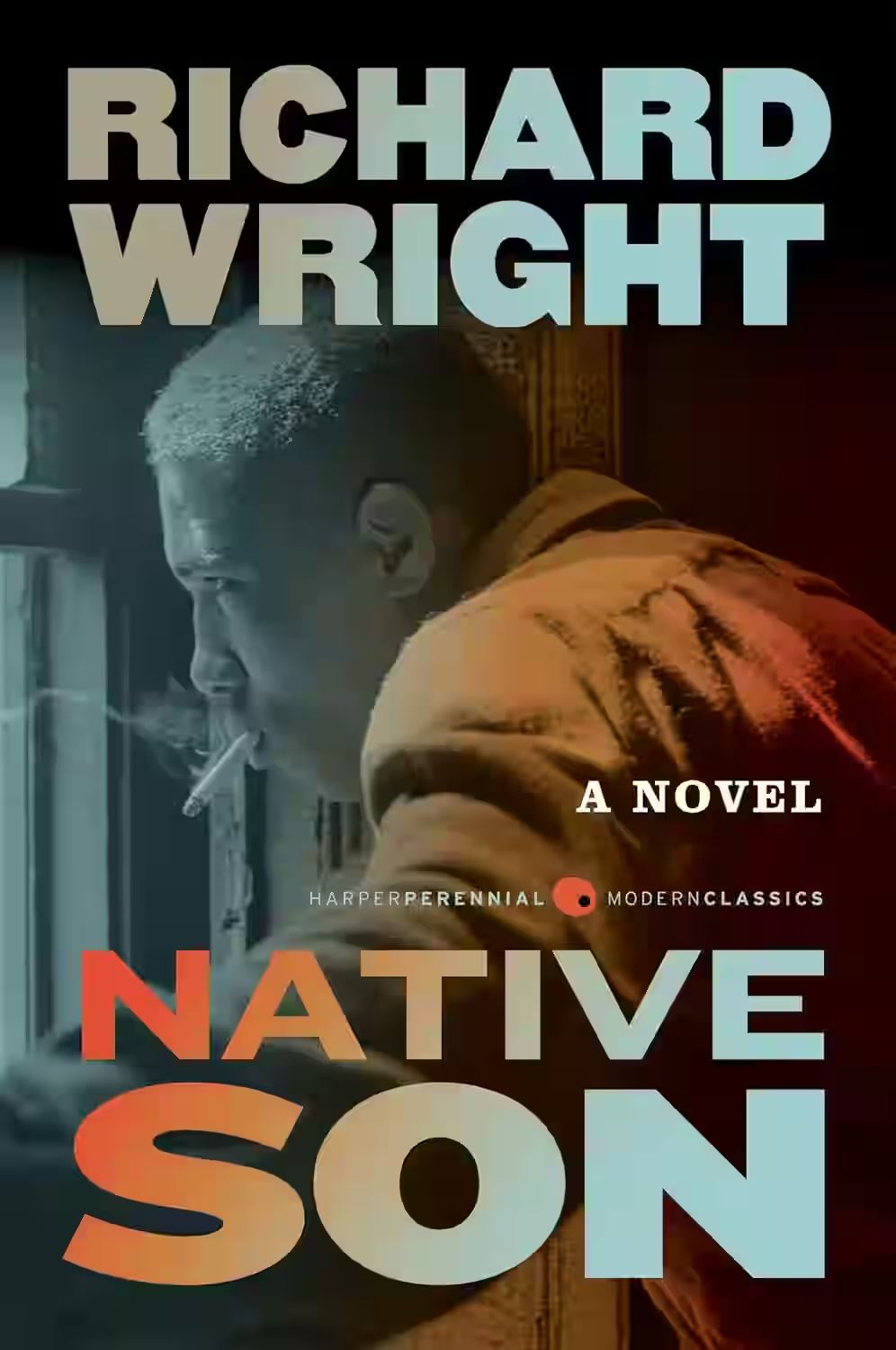
Richard Wright's groundbreaking novel 'Native Son' follows the life of Bigger Thomas, a young African American man living in poverty in 1930s Chicago. The story delves into the complexities of race, poverty, and systemic oppression as Bigger becomes entangled in a series of events culminating in a tragic crime. Wright masterfully confronts the dehumanizing effects of racism and portrays the psychological turmoil of its protagonist with raw honesty. 'Native Son' serves as a powerful commentary on the societal forces that shape individuals and is a gripping exploration of fear, power, and identity in a racially divided America.
About Richard Wright
Richard Wright (1908-1960) was an influential African American author known for his powerful depiction of racial discrimination and social injustice in America. Born on a Mississippi plantation, Wright faced poverty and racism from an early age, eventually moving to Chicago where he became involved in the Communist Party. His groundbreaking works, including 'Native Son' (1940) and 'Black Boy' (1945), explored the complexities of race relations and the impact of systemic oppression on individuals. Wright's writing style, characterized by its raw honesty and unflinching portrayal of the African American experience, left a lasting impact on American literature, paving the way for future generations of African American writers.
Similar Books
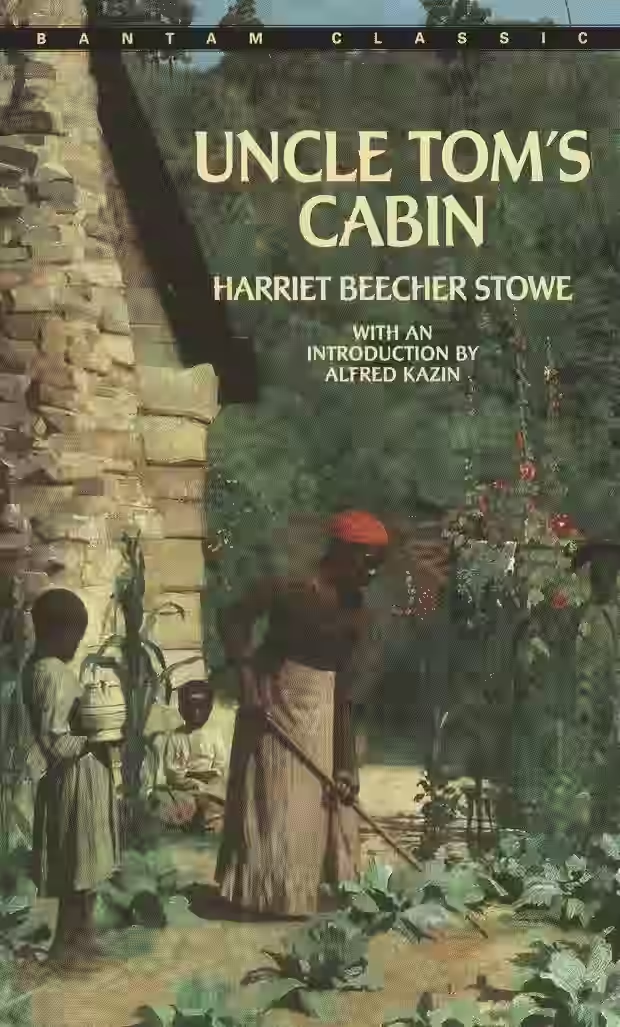
Uncle Tom’s Cabin
A landmark anti-slavery novel, Uncle Tom’s Cabin tells the story of enslaved man Tom and the brutal realities of slavery in 19th-century America. With vivid characters and emotional power, it galvanized abolitionist movements and shaped public opinion like no other book of its time. Though controversial for its portrayals today, it remains a pivotal work in American literature and history, sparking empathy and national debate.
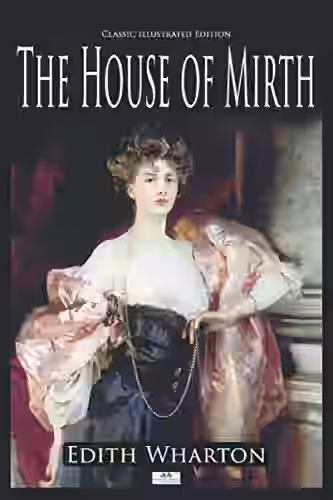
The House of Mirth
Edith Wharton’s The House of Mirth portrays the downfall of Lily Bart, a beautiful and intelligent woman navigating New York’s high society at the turn of the 20th century. Torn between love, independence, and societal expectations, Lily’s refusal to compromise leads to social isolation and personal ruin. The novel critiques the rigid class structure, gender roles, and materialism of Gilded Age America. With elegant prose and psychological insight, Wharton delivers a tragic portrait of a woman trapped by her environment.
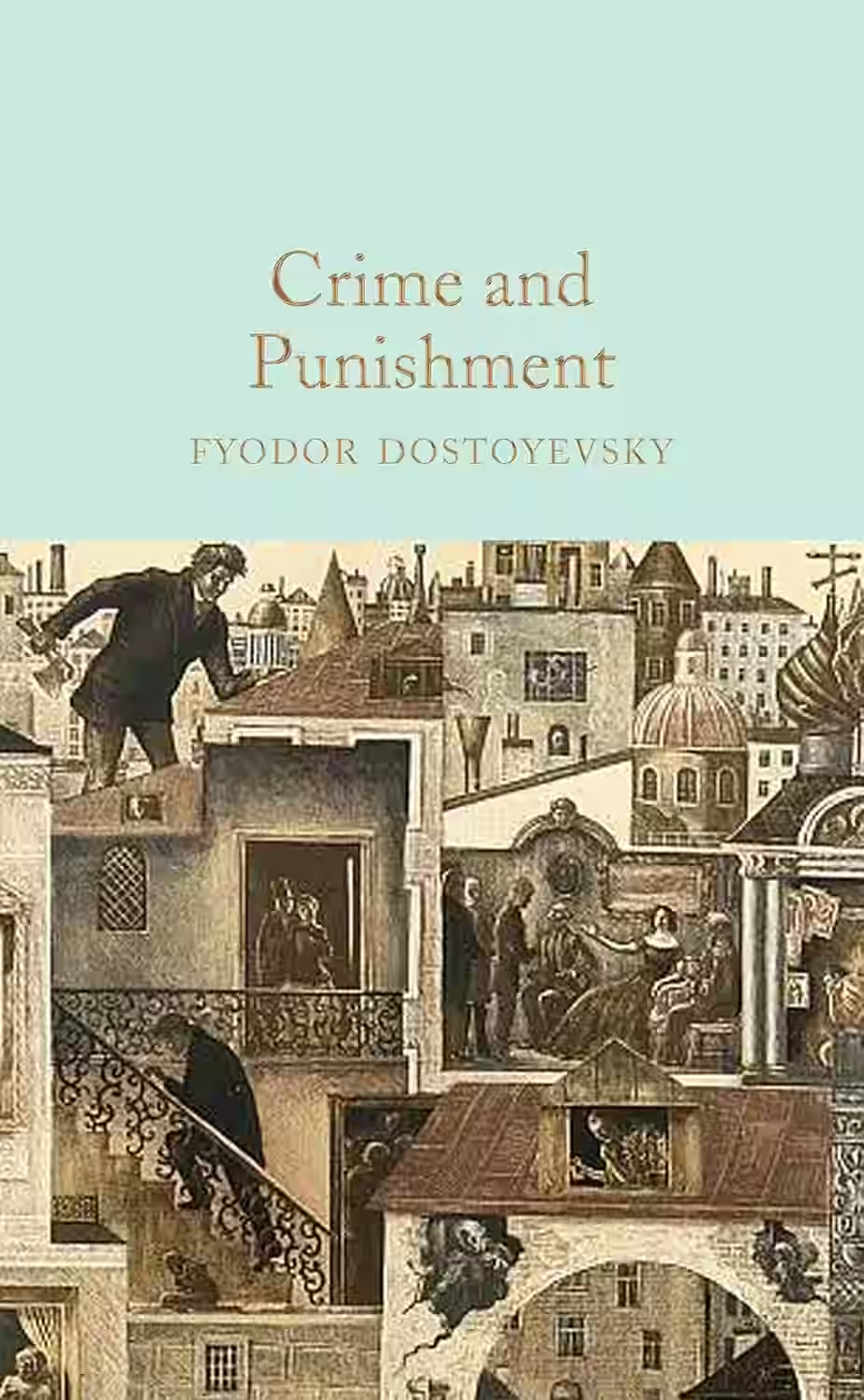
Crime and Punishment
Fyodor Dostoevsky’s Crime and Punishment is a psychological and philosophical novel that follows Raskolnikov, a destitute student in St. Petersburg who murders a pawnbroker. Haunted by guilt and moral conflict, he undergoes a mental and spiritual descent, questioning the nature of justice, free will, and redemption. The novel probes the consequences of rationalizing crime and challenges utilitarian ethics. With intense character study and existential depth, it remains a cornerstone of Russian literature and a profound meditation on conscience and punishment.
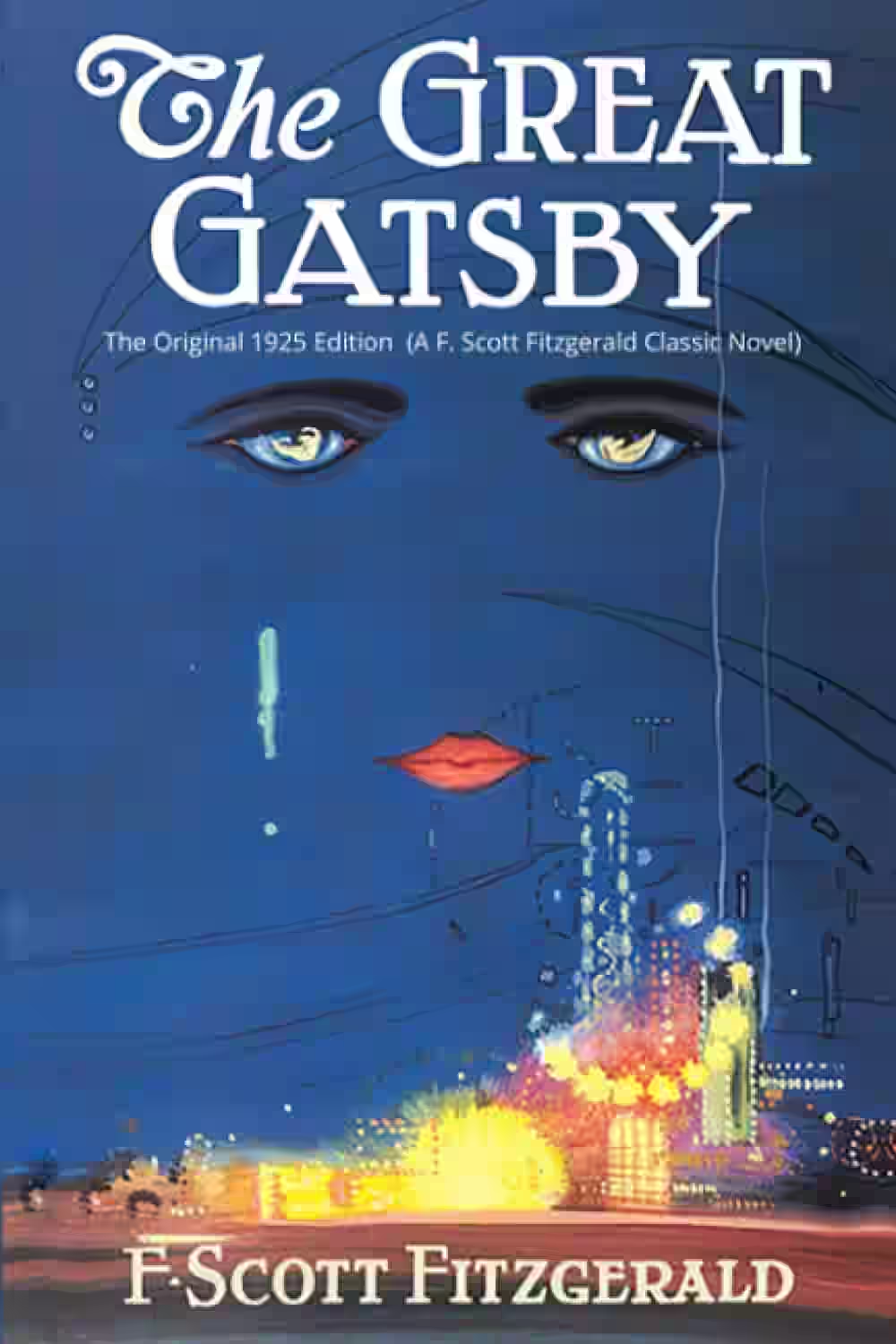
The Great Gatsby
Set in the decadent summer of 1922, this masterpiece follows mysterious millionaire Jay Gatsby's obsessive pursuit of his former love, Daisy Buchanan. Through the eyes of narrator Nick Carraway, the story unfolds in a world of lavish parties and empty morality, exploring themes of wealth, love, and the corruption of the American Dream. As Gatsby's facade crumbles, the novel reveals the hollow heart of the Jazz Age.